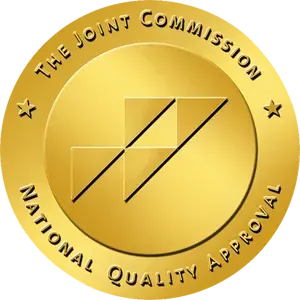Interventions
If a friend or family member continuously engages in self-destructive behavior, an intervention may be the only logical choice.
Whether your loved one is struggling with an addiction to alcohol, drugs, gambling or sex, an intervention can be a profoundly compassionate act that transforms (or even saves) a life.
Preparing for an intervention
Although those planning the intervention may be feeling a complex mix of emotions, it’s important to decide on a consistent approach. Together, work to understand the relevant addiction and make the arrangements for appropriate treatment. In addition, practice what you want to say during the intervention.
The day of the intervention
Your first goal is to use empathetic but clear language to convey that your loved one’s behavior is damaging relationships and well-being. Next, respectfully explain that the problem can no longer be avoided, and ask the person to accept the help that you have arranged.
The role of an expert
You should never plan an intervention without seeking the advice of a trustworthy expert, and you may even want to involve a professional intervention leader. However, seek a second opinion if you’re ever uncomfortable with the suggestions made by the expert.
Executive intervention
An intervention to address the self-destructive behavior of an employee can be similarly effective. However, executive interventions require considerable forethought due to legal implications, PR and disclosure issues. Once again, an expert interventionist is absolutely essential.
Are you planning an intervention or concerned that one is needed? Contact us today for confidential support and advice.



